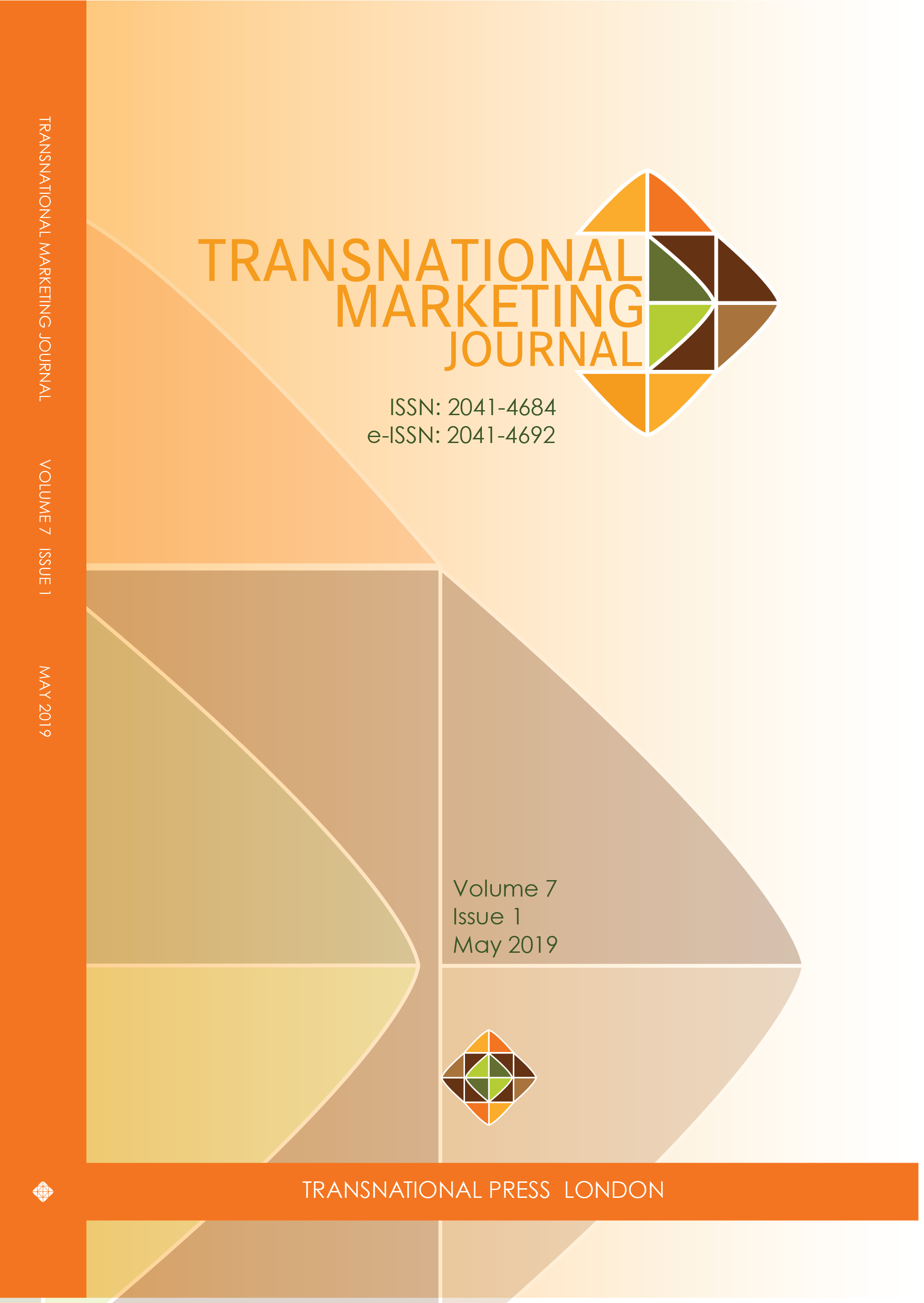Food Consumption Habits and Food Security Challenges among Immigrants
Food Consumption Habits and Food Security Challenges among Immigrants
Author(s): Andrej PřívaraSubject(s): Agriculture, Demography and human biology, Migration Studies, Marketing / Advertising, Socio-Economic Research
Published by: Transnational Press London
Keywords: migrant’s food consumption; food habits; food behaviour; food traditions; nutrition; Europe;
Summary/Abstract: There is no single behaviour path for migrants after arrival in the destination country. The cases of their successful integration in the host country social environment are not rare, and healthy immigrant effect, indeed, often occurs showing that not always shift to the new living conditions, culture and food traditions preclude healthy food habits of the migrants. However, there are still many factors, both individual and social environment-related, which increase overweight and obesity risk. Quantitative and qualitative research findings have shown that food insecurity can be simultaneously a cause and a consequence of migration. Including religious identities, food has largely become a distinctive factor of the identities of individuals and communities. The distribution of eating habits from migrant source countries, in particular, from Africa to the host European countries is dramatically changing the European cultural dimension. Food has appeared to be one of the main factors of migrants’ integration in European countries. Food insecurity is a critical push factor. Current research emphasised that integration programmes should rely not only on basic language and cultural aspects but also on food, improving the contribution of the food traditions of migrants, while also inspiring in this field interactions and contributions via this medium among longstanding and newly-forming societies. This article focuses on key food challenges, which migrants face in destination countries and factors as causes of these challenges. We also discuss barriers to migration policy change and provide possible ways to mitigate these barriers.
Journal: Transnational Marketing Journal (TMJ)
- Issue Year: 7/2019
- Issue No: 1
- Page Range: 59-72
- Page Count: 14
- Language: English

